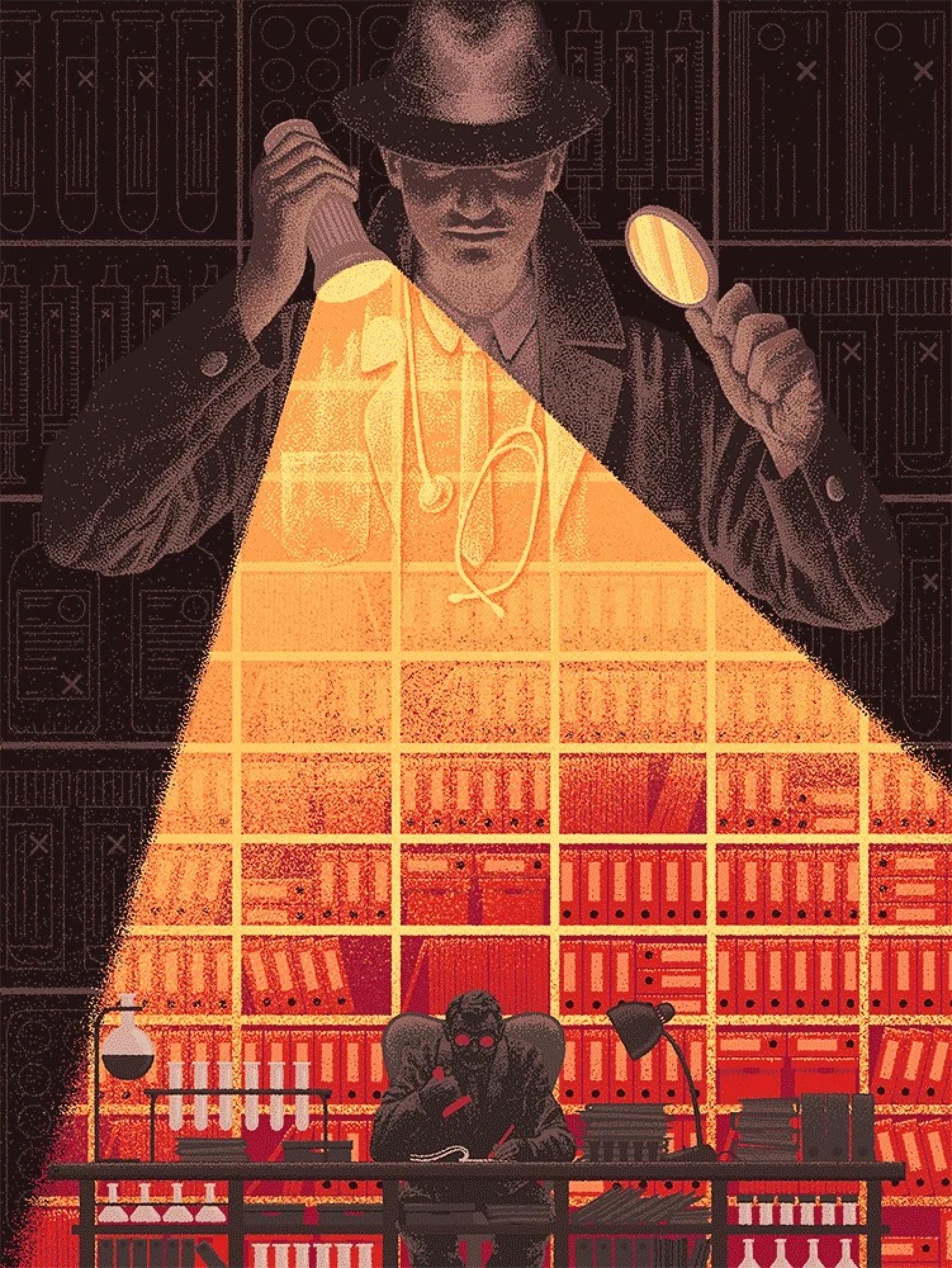Related Stories
Medicine is plagued by untrustworthy clinical trials. How many studies are faked or flawed?
Key Excerpts from Article on Website of Nature

Posted: July 31st, 2023
https://www.nature.com/articles/d41586-023-02299-w
How many clinical-trial studies in medical journals are fake or fatally flawed? In October 2020, John Carlisle reported a startling estimate. Carlisle, an anaesthetist who works for England's National Health Service, is renowned for his ability to spot dodgy data in medical trials. He is also an editor at the journal Anaesthesia, and in 2017, he decided to scour all the manuscripts he handled that reported a randomized controlled trial (RCT) – the gold standard of medical research. Over three years, he scrutinized more than 500 studies. For more than 150 trials, Carlisle got access to anonymized individual participant data (IPD). By studying the IPD spreadsheets, he judged that 44% of these trials contained at least some flawed data: impossible statistics, incorrect calculations or duplicated numbers or figures, for instance. And 26% of the papers had problems that were so widespread that the trial was impossible to trust, he judged – either because the authors were incompetent, or because they had faked the data. Carlisle called these 'zombie' trials. Even he was surprised by their prevalence. "I anticipated maybe one in ten," he says. The issue is, in part, a subset of the notorious paper-mill problem: over the past decade, journals in many fields have published tens of thousands of suspected fake papers, some of which are thought to have been produced by third-party firms, termed paper mills. "It ... has the potential to amplify a wrong result, suggesting that treatments work when they don't," he says.
Note: Back in 2015, the editor-in-chef of The Lancet, one of the most prestigious medical journals in the world, wrote that much of scientific literature, perhaps half, may simply be untrue. Who can we trust? For more along these lines, see concise summaries of deeply revealing news articles on science corruption from reliable major media sources.
Related Stories
Latest News
Key News Articles from Years Past











































































